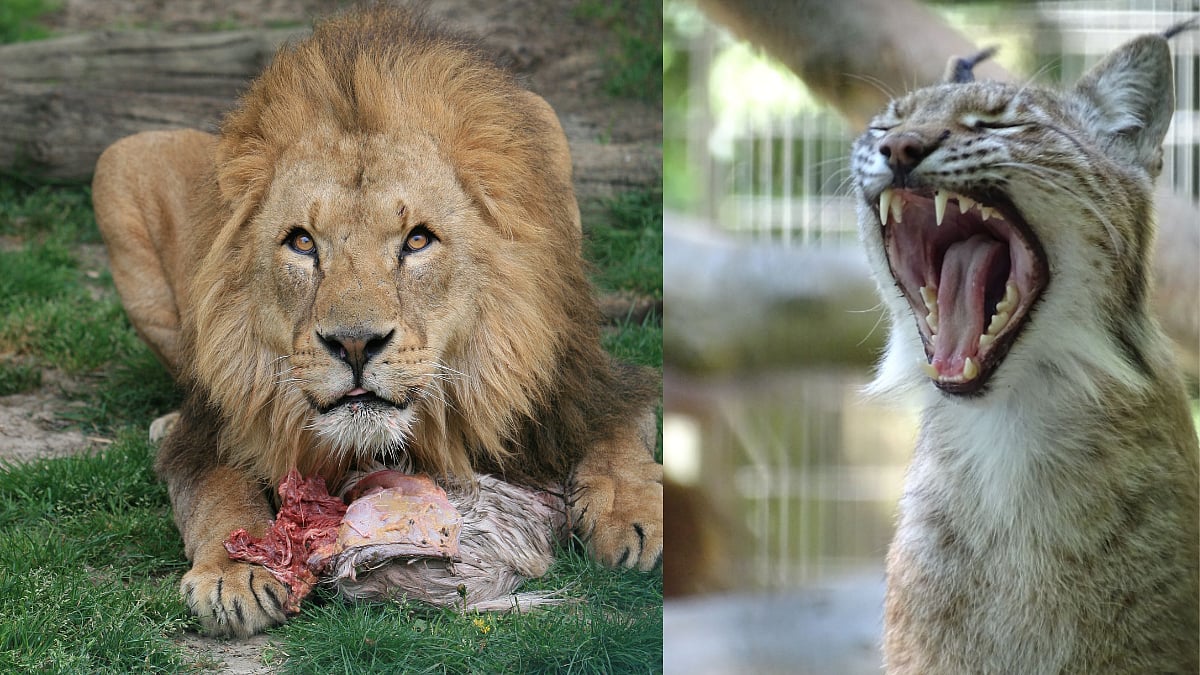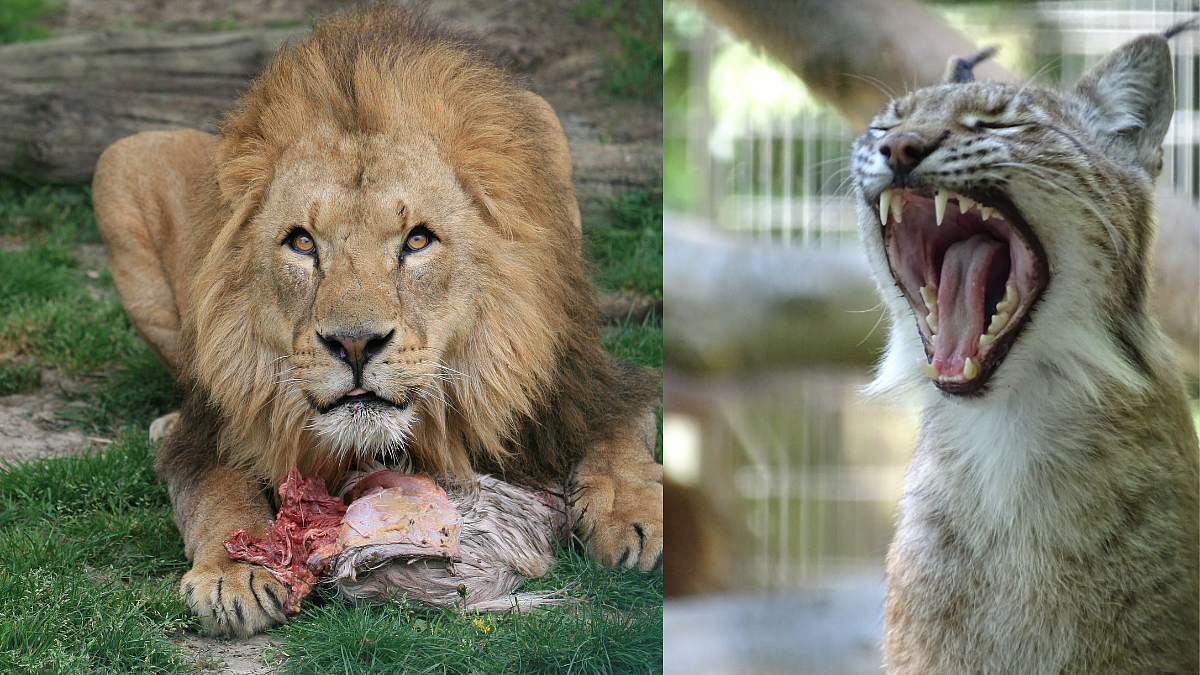A zoo in Denmark has stirred global controversy after it urged the public to donate unwanted but healthy pets, like chickens, rabbits, guinea pigs, and even horses, to be used as food for its carnivorous animals.
Aalborg Zoo wants unwanted pets to feed their predator
Aalborg Zoo, located in northern Denmark, appealed to its website and social media, stating that the move is part of its commitment to imitate natural predator-prey relationships in the wild.
The zoo emphasised that all animals are "gently euthanised" by trained professionals before being fed to predators such as lions, tigers, and the Eurasian lynx.
"We have a responsibility to imitate the natural food chain of the animals,” the zoo posted on Instagram, adding that small livestock “make up an important part of the diet of our predators.”
Live horse donations also accepted
In a lesser-known provision, the zoo also accepts live horses, provided they meet specific health criteria. According to Aalborg Zoo, as reported by BBC, the horses must possess a valid horse passport and must not have been treated for any illness in the 30 days before donation. In return, owners may be eligible for a tax deduction.
An image on the zoo’s official site shows a tiger devouring raw meat, positioned alongside details outlining how to donate large animals like horses.
According to Pia Nielsen, the zoo’s deputy director, this feeding practice has been in place for many years. “When keeping carnivores, it is necessary to provide them with meat, preferably with fur, bones etc. to give them as natural a diet as possible,” she said as per media reports. "Therefore, it makes sense to allow animals that need to be euthanised for various reasons to be of use in this way."
Nielsen added that the zoo’s carnivores have long been fed this way, and the practice is common in Denmark, with many locals supporting it.

Despite the zoo's justifications, the move has sparked sharp criticism online. Animal rights activists and concerned citizens are questioning the morality and ethics of using domestic pets, especially ones previously loved by owners, as feed for predators.












